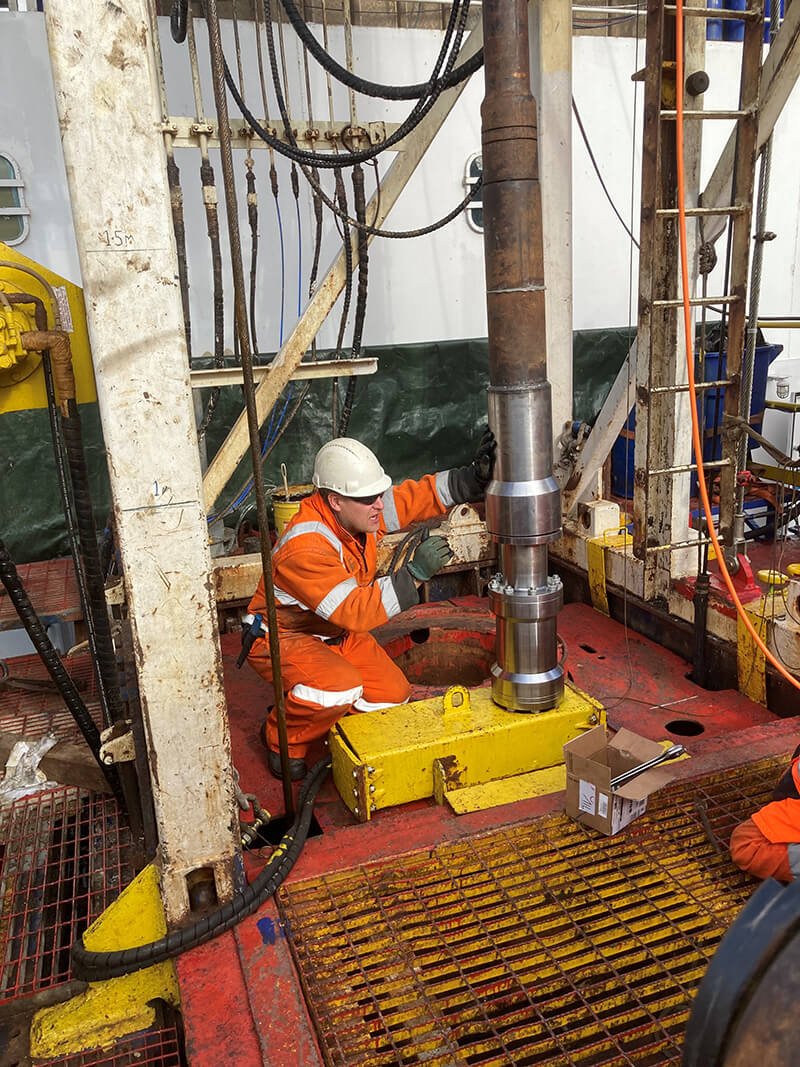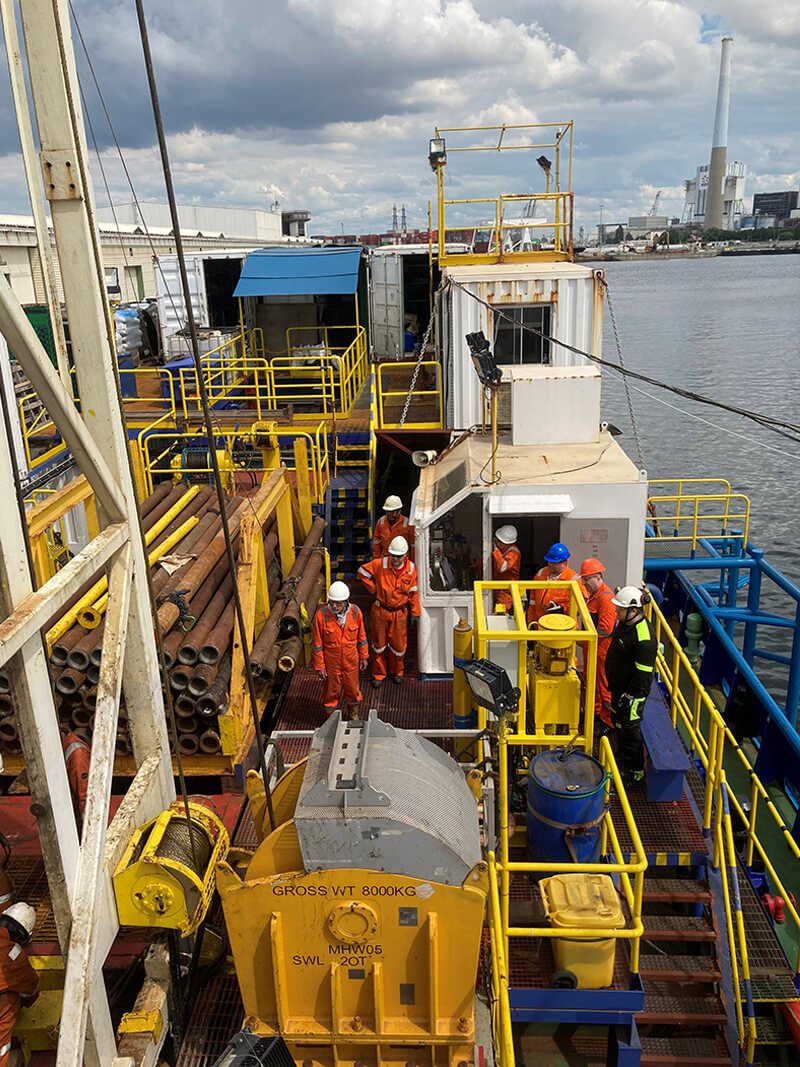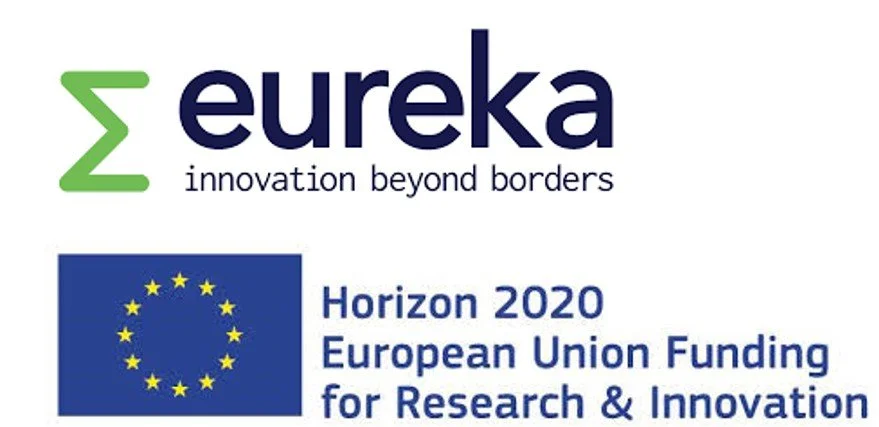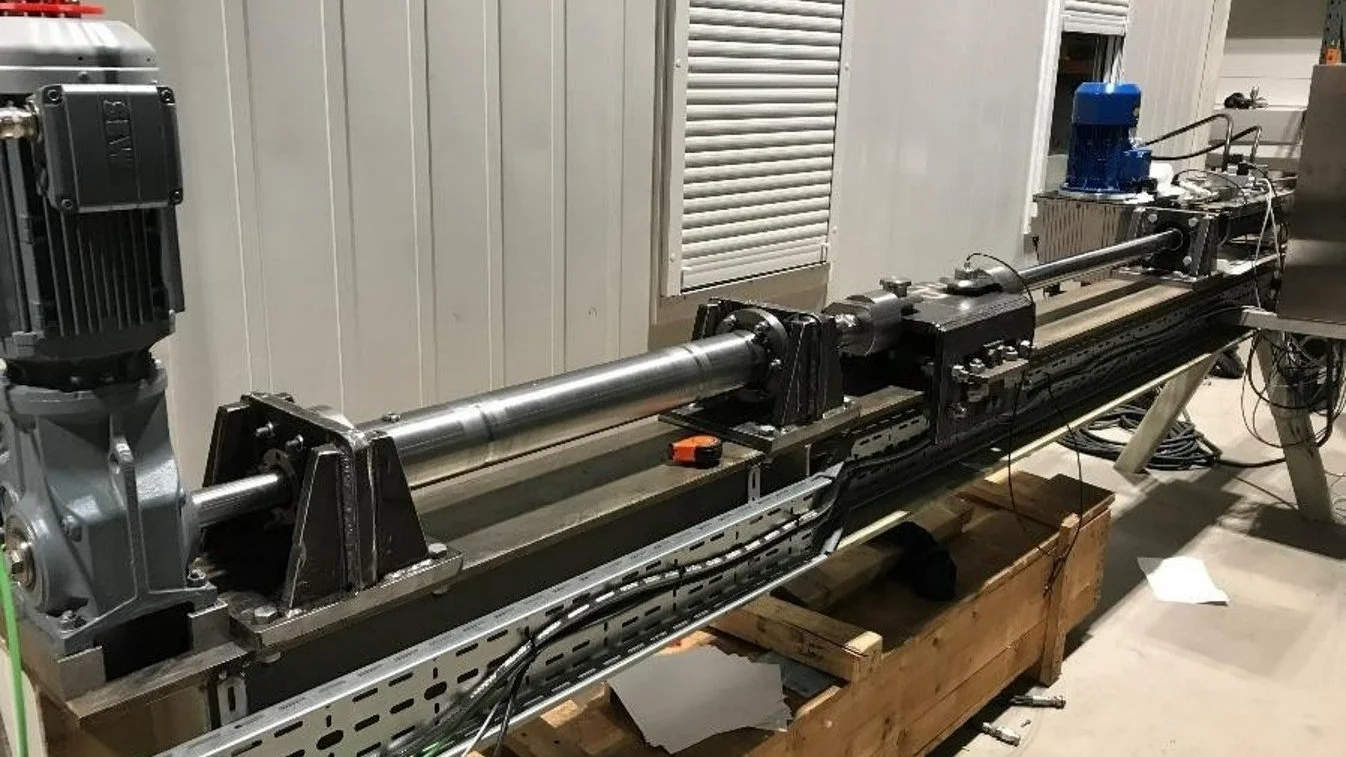Cyclic and Extended CPT Tool
Fully automated cyclic CPT tool to safely delivering reliable data
Project Objective
Development of all-electric cyclic CPT tool for offshore geotechnical investigations
Geoquip Marine has been looking into optimizing the effectiveness of its existing cyclic cone penetration testing (CPT) systems to safely delivering reliable data. This led to start of CEPCPT project, in which Excess Engineering was responsible for design of an all-electric cyclic CPT tool, utilizing its compact electric actuator.
The modelling data provided by cyclic CPT helps to better understand the disturbed soil state. This is really important when constructing foundations for a wind turbine. Cyclic CPT testing has been already part of Geoquip Marine’s offshore geotechnical solutions, but it is only deployable in seabed mode. Thus, CEPCPT project was established to develop a downhole cyclic CPT tool that can be retracted in-situ, removing the need to raise the drillpipe to pull out the extracted CPT tool. This contributes noticeably to saving times by removing the need to retract the tool after each penetration, and further provides more reliable data and maintains health and safety by reducing tool handling on deck.
Throughout 2021, the CEPCPT project has carried out prototype testing of the all-electric cyclic CPT tool in the workshop. Prototype testing started in December 2020 and has been going on for several months. A total of 15,000 load cycles have been completed and the results are very positive. Most of the tests have taken place in a workshop. However, some tests have been performed in the hyperbaric test chamber to verify that the system works in a subsea environment.
In May 2022, the new cyclic CPT tool was tested onboard one of Geoquip Marine's integrated geotechnical vessels. The test was a resounding success and Geoquip Marine is now progressing with the manufacture of a production unit. Click the gallery bellow to see some images of the prototype testing onsite.
-
The project is funded by Research Council of Norway through Eurostars joint program.
-
-
The development project is run by Excess Engineering in collaboration with Geoquip Marine.
-
2019-2022
Endurance testing was performed in a test-jig, applying more than 15,000 load cycles.
Electric CPT test set-up
Approved Technology
Developed technology was successfully tested onsite in Le Havre, France in May 2022.










